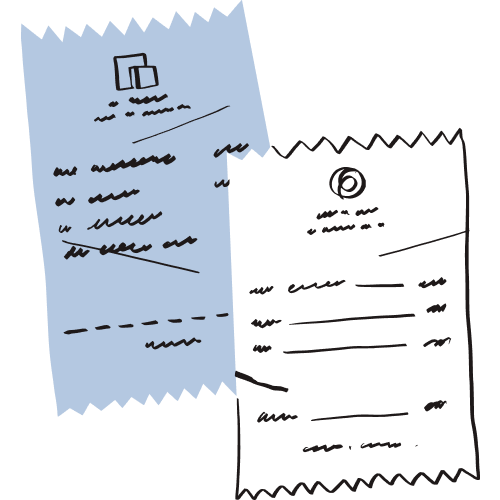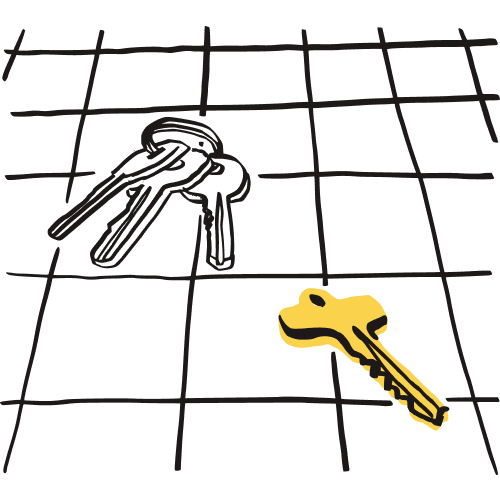
Most commonly used Colorado lease agreements
The most commonly used Colorado lease agreement is the standard residential lease agreement.
This covers essentials for tenancy such as rent payments, security deposit, utilities, maintenance responsibilities, and lease duration. It provides clarity and protection for both landlords and tenants.

How to write a Colorado lease agreement
Writing a Colorado lease agreement is easy with our simple, clear template:
- Include the names of the landlord and tenant(s) involved.
- Specify the rental property address and description.
- Clearly state the term of the lease, including the move-in and move-out dates.
- Define the rent amount, due date, and acceptable payment methods.
- Outline the security deposit amount and terms for its return.
- Include provisions for utilities, maintenance, repairs, and property access.
- Address rules regarding pets, subleasing, and other specific occupancy terms.
- Review the agreement with all parties involved and sign it.
Which disclosures belong in a Colorado lease agreement?
To meet federal and state laws, Colorado lease agreements must include:
- Lead-based paint disclosure for housing built pre-1978
- Bedbug disclosure of prior infestations
- Marijuana disclosure for policies on marijuana use
- Radon gas disclosure on possible risks
- Crime-free addendum, if local ordinances require

What you need to know about Colorado lease agreement deposits
Colorado law regulates the handling of security deposits, making sure they handle a tenant’s deposit correctly. As part of this, landlords must:
Doing so ensures there is a record for all parties—landlord or property manager, and tenant.

Landlords are also not allowed to use it for personal expenses.

Tenants shouldn’t be left to wait for too long after they leave a property, and this part of Colorado law makes sure the landlord promptly returns any deposit to their former tenants.

Details any damage beyond normal wear and tear, with costs against each item. These costs are then deducted from a tenant’s deposit before it is returned to them.

Landlords are required to notify the tenant of the deposit's status and reasons for deductions, if applicable.
Being clear and transparent makes the whole rental process much easier for both sides, and means there’s less of a reason for problems or disagreements to arise.

Frequently asked questions
Yes, our state of Colorado lease agreement is fully customizable, allowing you to tailor it to your unique requirements while adhering to the legal framework.
While landlord-tenant laws allow verbal agreements, a written lease agreement provides clear documentation of the terms and protects both parties in case of disputes.
Breaking the terms of a lease agreement can have legal consequences. It's essential to carefully review and abide by the agreement to avoid potential penalties or eviction.
In Colorado, there is no limit to how much landlords can charge as a security deposit. Landlords typically charge up to one month's rent as a security deposit, but it may vary in certain circumstances. Refer to local laws and regulations for specific details.
In most cases, a Colorado landlord cannot increase the rent during the lease term unless stated otherwise in the lease agreement. Rent increases are typically applicable when renewing the lease.
Looking for other Colorado documents?
Formswift is not a law firm and does not provide legal advice or representation. Formswift's documents are not a substitute for the advice of an attorney. Communications between you and Formswift are governed by the Formswift Privacy Policy but are not protected by the attorney-client privilege or as work product. Formswift does not provide advice, opinions, or recommendations about individual's legal rights, options, strategies, or the selection of forms. Your use of the Formswift website and forms is governed by the Formswift Terms of Service.
